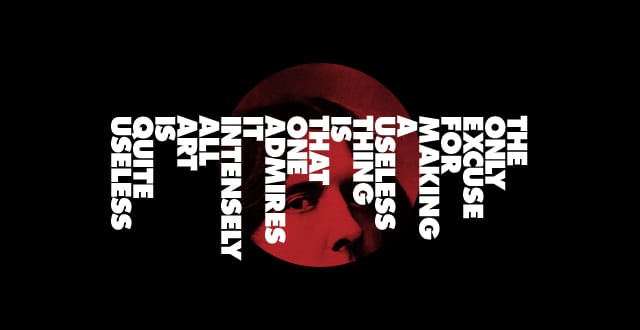From the Editors

Hello there!
Welcome to the new Kill Screen website! We’re closing a wild opening year: We launched our first issue; we came out with two more issues; we’ve built a great base of intelligent writers with diverse interests. We’re now turning to the future. In the coming months on this site, you’ll find features, reviews, interviews, and podcasts about videogames, and more. Choice selections from the magazine will make an appearance, alongside bonus material and content specially curated for the web.
Our goals remain the same. We still aim to give satisfying accounts of how games not only speak to, but model, the abstract concerns of thought, feeling, and motivation. We still promise to keep our material free of academe-speak, not because the terms of game academia are not important and rooted in critical philosophical traditions, but because our audience is primed for a new language suited to a changing medium. We still seek writers who can make difficult concepts elegant and approachable.
How we will reach our goals, however, will prove a matter of experimentation, particularly here in our online playground. We hope that you will experiment as well, and help us reconsider what it means to write and think about games.
The following crop up thick in game writing: “Play is what makes us human.” “This speaks to why we’re human.” “Wanting to triumph is what makes us human.”
Let us avoid these types of tautologies: Games and Thinking About Play Makes Us Human Because Humans Play Games and Think About Play. Instead, let’s discuss why certain choices of allegory are important, what exactly we feel makes us human, and why games are important to understanding these purportedly human qualities.
At times, games can seem useless. “The only excuse for making a useless thing is that one admires it intensely. All art is quite useless.” Oscar Wilde ends his preface of The Picture of Dorian Gray wry tongue in wry cheek. Being useless is glorious. It is our freedom.
Games allow us to enter landscapes and frontiers: Space, the Outback, 16th century Italy, Underwater, Hell, the Iced Wastes of Northrend. Games also force us to cross inner frontiers. They force our eye to rove about inwards, an eye onto our hearts, and an eye onto our own minds. Games are an art, a text, and a performance. Yet they are also a science, an algorithm, and a device. An action and a thing. They disrupt easy tyrannies, limiting descriptions, and dichotomies.
This demands a versatile criticism. Our inner lives are cross-genre, cross-sensory, and cross-experiential. And our experiences are shot through with longing, fear, anxiety, and pain. Our experience of games, then, is best described by writers across different genres of writing, who can speak to the different elements of how an alternate world is constructed: its sounds, mood, architecture, economy, feel, purpose, philosophy, myths.
This group of writers will gather here.
In our opening weeks, we cover Red Dead Redemption and Angry Birds, relationships and Inception, boardgames and Miles Davis. Look forward to the debut of High Scores, our year-end poll of game critics. Check out the latest additions to the Kill Screen shop, from issues to shirts and prints. Finally, see the feeds at the bottom for connections to some of our favorite sources. Extra-special thanks to Jeremy Borthwick and David Boni for their design expertise, and Tom Clancy (that’s right) for his coding magic.
Because of our love for gameplay, we’re arguably a generation that is harder, better, faster, stronger, and smarter than the last. But a love for gameplay can be lonely, and so, our goal is to connect the lonely, fast, strong people out there with important ideas.
We want to get to know you. Please, link widely. Express your thoughts. Talk to us. We’re all ears.
Yours,



